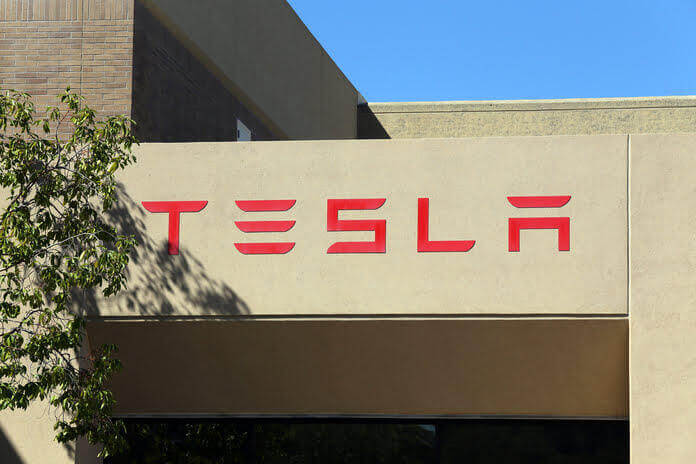Brief Summary
- A pioneer in the EV industry has announced ambitions to increase the manufacture of fully electric vehicles.
- Tesla faces stiff competition in other parts of the world, including companies that intend to benefit from the subsidies offered in the United States.
Tesla (NASDAQ:TSLA)
Although the possible benefits resulting from the Inflation Reduction Act (IRA) being signed into law, shares of Tesla (NASDAQ:TSLA) have decreased by more than 10% over the past two weeks. This is partly attributable to the fact that the competitors will also profit from the incentives stipulated in that legislation. This morning, Tesla share prices dropped as much as 2.1%, and as of 2:10 p.m. Eastern Time, they were still trading down 0.3%.
Then What?
This downward trend has coincided with declarations from numerous traditional automakers that they will use what the IRA offers to produce electric vehicles (EVs) in the United States. This past week, Honda announced its intent to invest $4.4 billion and construct a new electric vehicle battery manufacturing facility in the United States. Today, Toyota said it would invest approximately $5.3 billion to increase production capacity for batteries in the United States and Japan.
What’s Next?
The production of batteries resulting from Toyota’s recently disclosed investment is expected to begin between 2024 and 2026. It is anticipated that this will result in sufficient battery capacity to power about 500,000 electric vehicles. Perhaps most noteworthy is the transition from being an early pioneer in hybrid car technology to producing entirely battery-powered electric versions of their vehicles. According to a report published in Barron’s, Toyota sold over 2.6 million hybrids worldwide in 2021, but only 14,000 vehicles were powered exclusively by batteries. Plug-in hybrid vehicles such as Toyota’s Prius can run on gasoline engines for longer distances and battery power for shorter distances.
For businesses to be eligible for the incentives provided by the IRA, they are required to keep a minimum amount of manufacturing and supply within the United States. Both Honda and now Toyota appears to be aiming to capitalize on those opportunities by incorporating more battery manufacturing facilities into their existing products in the United States. Because of this, some Tesla investors are beginning to speculate that there will be greater competition for electric vehicle (EV) buyers in the United States than they had previously anticipated.
Featured Image- Megapixl @Wellesenterprises










